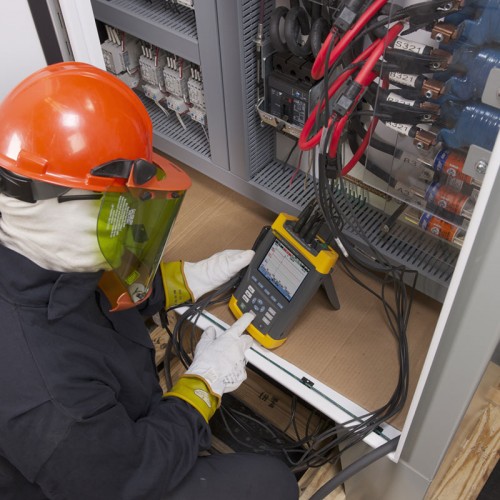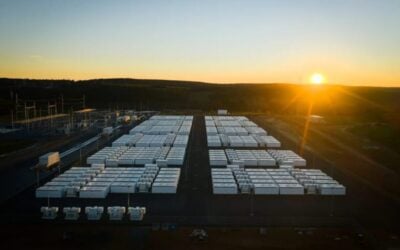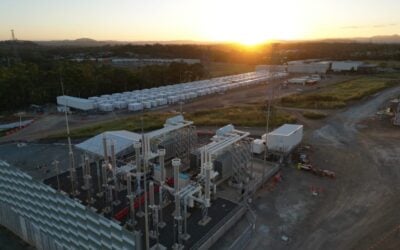
The Electrical Safety Office (ESO), workplace regulator for Queensland in northeast Australia, has revoked its recommendation that all home energy storage battery units should be installed separately from households in an external enclosure.
The Clean Energy Council, the body responsible for promoting renewable energy investment in Australia, said that common sense had prevailed as the original proposal would have brought in “unnecessary costs and red tape”.
CEC general manager of Industry Integrity Sandy Atkins said: “Customer safety is a big priority for the energy storage industry, and the Clean Energy Council believes battery units should meet strong international standards and be installed by an accredited installer to clear guidelines. If batteries meet these strong standards, there is clearly no need for them to be installed in a separate external enclosure.”
The CEC had already voiced its concern about similar proposals in various Australian states brandishing them as “heavy-handed” and “over-zealous”.
Try Premium for just $1
- Full premium access for the first month at only $1
- Converts to an annual rate after 30 days unless cancelled
- Cancel anytime during the trial period
Premium Benefits
- Expert industry analysis and interviews
- Digital access to PV Tech Power journal
- Exclusive event discounts
Or get the full Premium subscription right away
Or continue reading this article for free
Various media reports emerged in February suggesting that new guidelines from Standards Australia would also effectively ban lithium-ion battery storage devices from being installed in side homes and garages across the country.
However, the following day, Standards Australia rebuffed the claims with the following release: “Contrary to recent speculation, Standards Australia is not developing standards that will ban the introduction of on-site lithium-ion battery storage in Australian homes.”
Nonetheless, it did say it would be looking at mitigating hazards associated with battery energy storage system installations.
The industry fears such a barrier to its already startling progress. In February, consultancy SunWiz reported that solar storage batteries for households in Australia had enjoyed a more than 1000% percent rise in the number of annual installations from 2015 to 2016.





